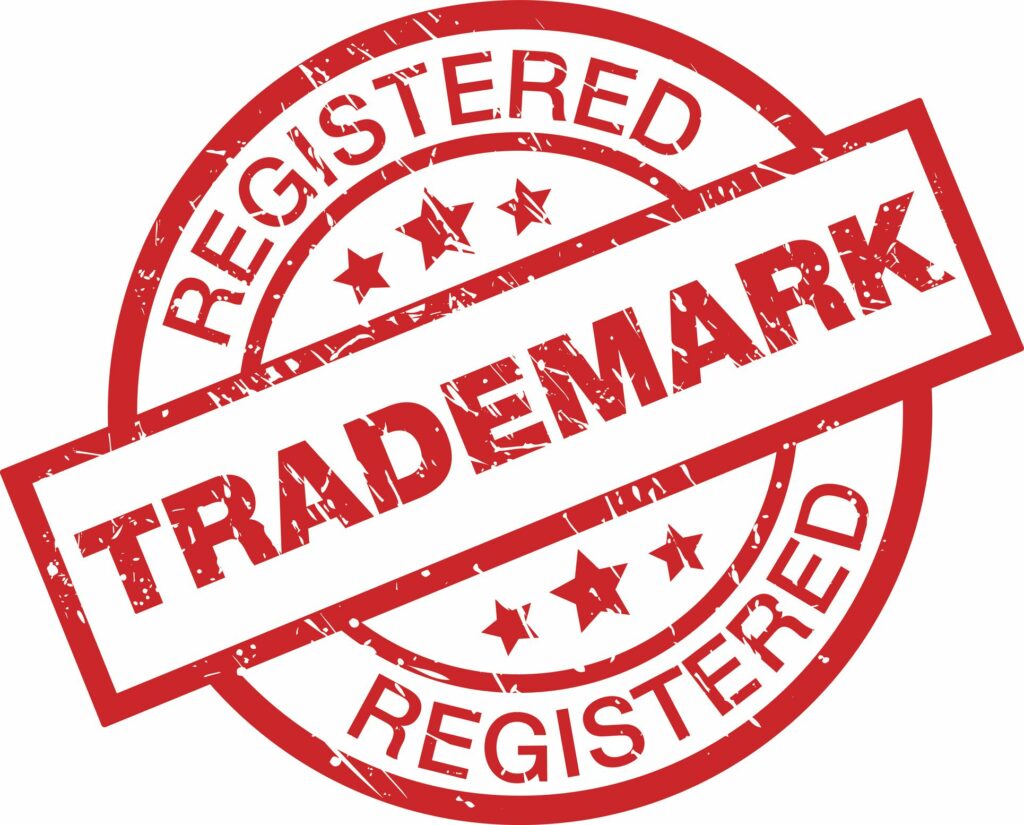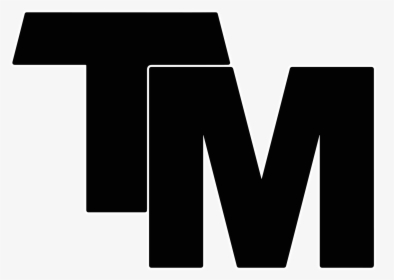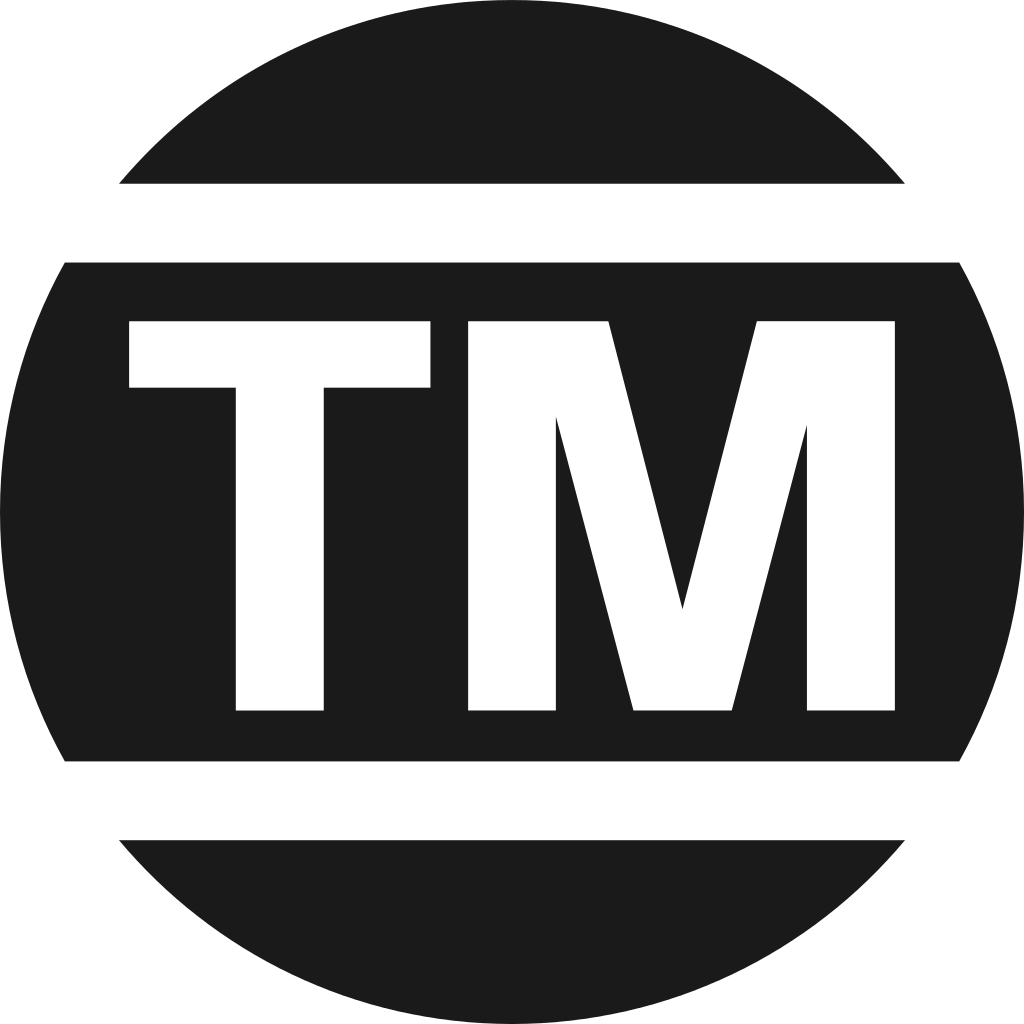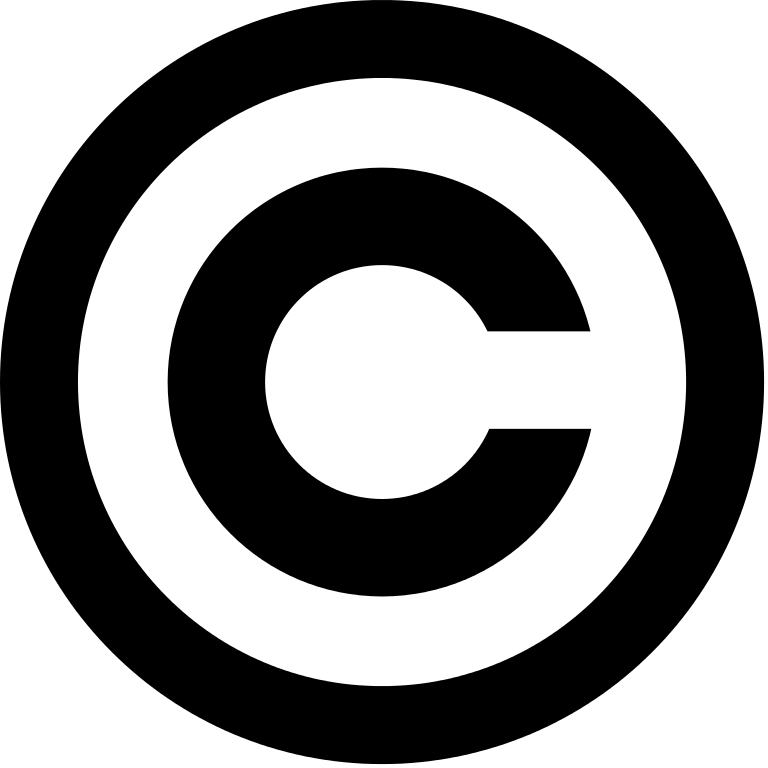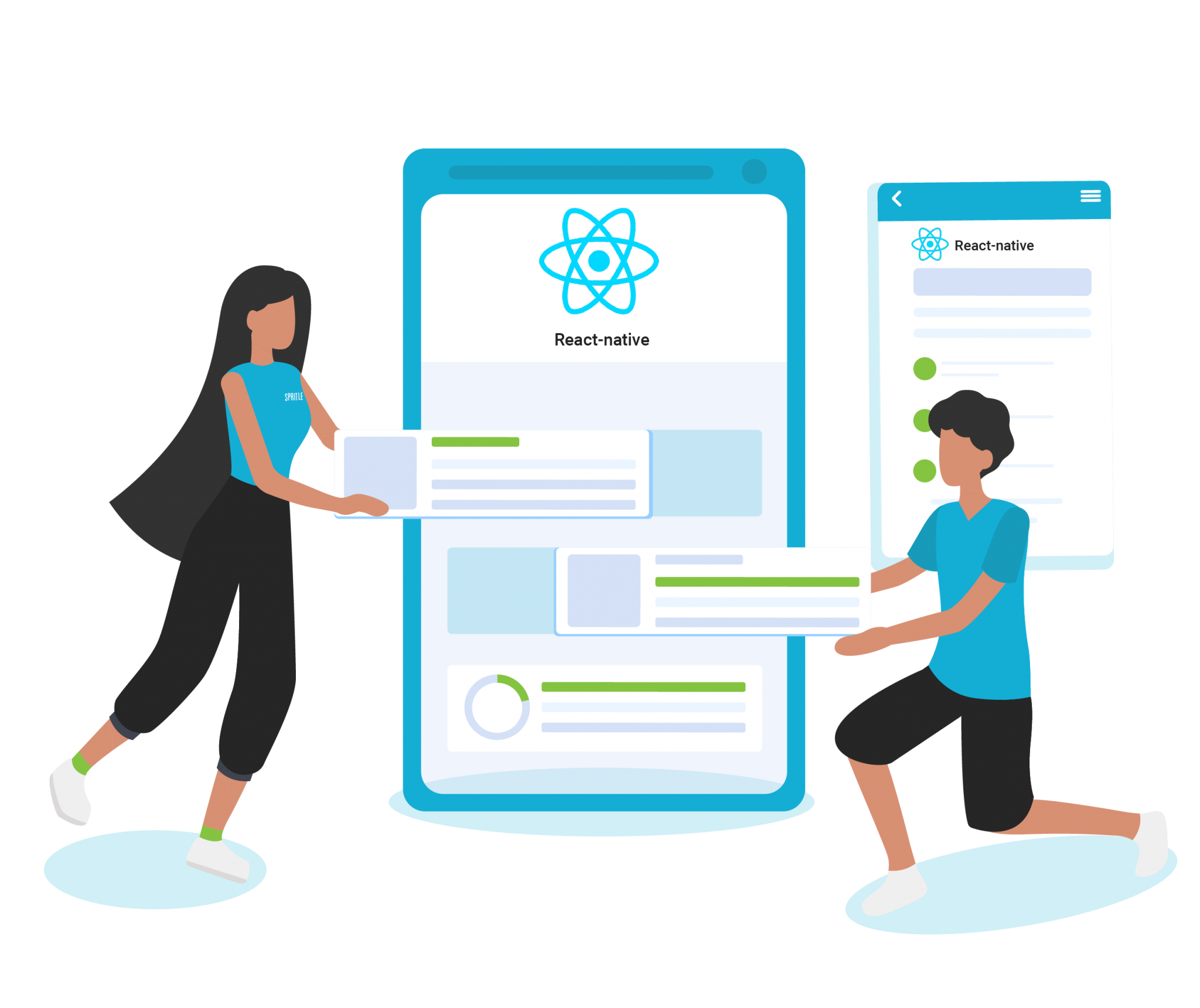What is a trademark class?
The Trademark Registry has classified goods and services under 45 classes. Your application must mention the trademark class/classes the goods/services represent. The trademark would be registered under those classes only. A trademark (popularly known as brand name) in layman’s language is a visual symbol which may be a word signature, name, device, label, numerals or combination of colours used by one undertaking on goods or services or other articles of commerce to distinguish it from other similar goods or services originating from a different undertaking.
What trademark applications are commonly rejected?
If your trademark is similar to an existing application, would hurt religious sentiments, contains geographical names or common words. It would also be rejected if it is likely to cause confusion. So you can’t register the word ‘car’ for a car brand, but may do so for a brand of electronics. The trade mark status in the Indian Trade Mark Registry website shows as “Refused” when the Registrar/Examiner has refused a trade mark application after considering or hearing the applicant’s response to an examination report.
When can I use the ™ symbol?
As soon as you file the application, you receive an acknowledgement, which gives you the right to use the ™ symbol. Once it’s registered, you can use the ® symbol. The symbol ™ can be used on a mark that you intend to use as your trademark. In other words you are merely expressing to the general public at large your intention of using your mark as a trademark.
How can I run a trademark search?
Before settling on a brand name, you need to check if it can acquire the legal rights necessary to hold on it. This is because the commercial rights to a brand name belong to the owner of its trademark. To find out if yours has already been taken, you can run a trademark search, which is basically a database search of India’s Intellectual Property Database. Now, running the search is easy. Begin by selecting the wordmark and typing in the word/s you want to register. The results will tell you whether there already is another registration in that name.
If there is one, check its status. If it is either approved, applied, objected or opposed, it makes sense to pick another name. Do also check for phonetic similarities with other registered names. To do this, you need to select the dropdown at the top of the page. While the phonetic search isn’t very accurate, you can say with certainty that your trademark will be approved if there aren’t any relevant matches here either.
What if my trademark is taken, but under a different class?
If your brand name has already been registered, but under a different class, you’re still in luck. Unless the brand is too well known (McDonald’s or Fiat, let’s say), your application is likely to be approved. If, on the other hand, a trademark has been registered by another brand after you began using it, you should take the matter seriously. Find out the origin of the goods and send the office a cease-and-desist letter. Although it does not apply exclusively to intellectual property, such a letter is usually sent in cases of infringement. If the party does not cease and desist from selling the goods with your trademark within the time mentioned in the letter, you may take them to court.
What if someone has a similar word trademarked?
You can’t get the word, but all is not lost. You could instead design a unique logo for your business and include the name in it. Take BMW as an example. The BMW is within the logo. A prefix would also be permissible. This is known as a logo composite mark. So there is a way out, but it is best to have a unique name.
Do you guarantee approval of my trademark?
It depends entirely on the government’s judgement. But if it is unique, it is highly likely that it will be granted. It must comply to the provisions to the trademark rules.
Should I file the trademark in my own name?
Many start-up founders register it in their own names, while large businesses would prefer to do so in the name of the company. This is because the future of a start-up is always in doubt. If owned by the founder, the trademark would be valid regardless of the state of the company. A trademark license agreement is, however, needed in this case.
What are the different kinds of trademarks I can have?
Trademarks and copyrights are both intellectual property, but serve different purposes. A copyright applies to literary and audio-visual (music, photographs, movies) works. So it’s an exclusive right granted to the creator or author of a book, script, software, music, photograph or movie. The owner has the right to stop the publication of any work that shares similarities with his/her work, unless it has been fairly used. Registration is not necessary. However, as copyright infringement has become commonplace in the Internet age, and you need a registration to take the matter to court, copyright registration has gained importance.
A patent is a right granted for a product or process to an individual or enterprise. This right grants its owner the ability to exclude others from making, using, selling or importing the patented product or process without prior approval. In exchange for this right, the applicant must fully disclose the invention. A patent is valid for 20 years, after which it falls into the public domain.
